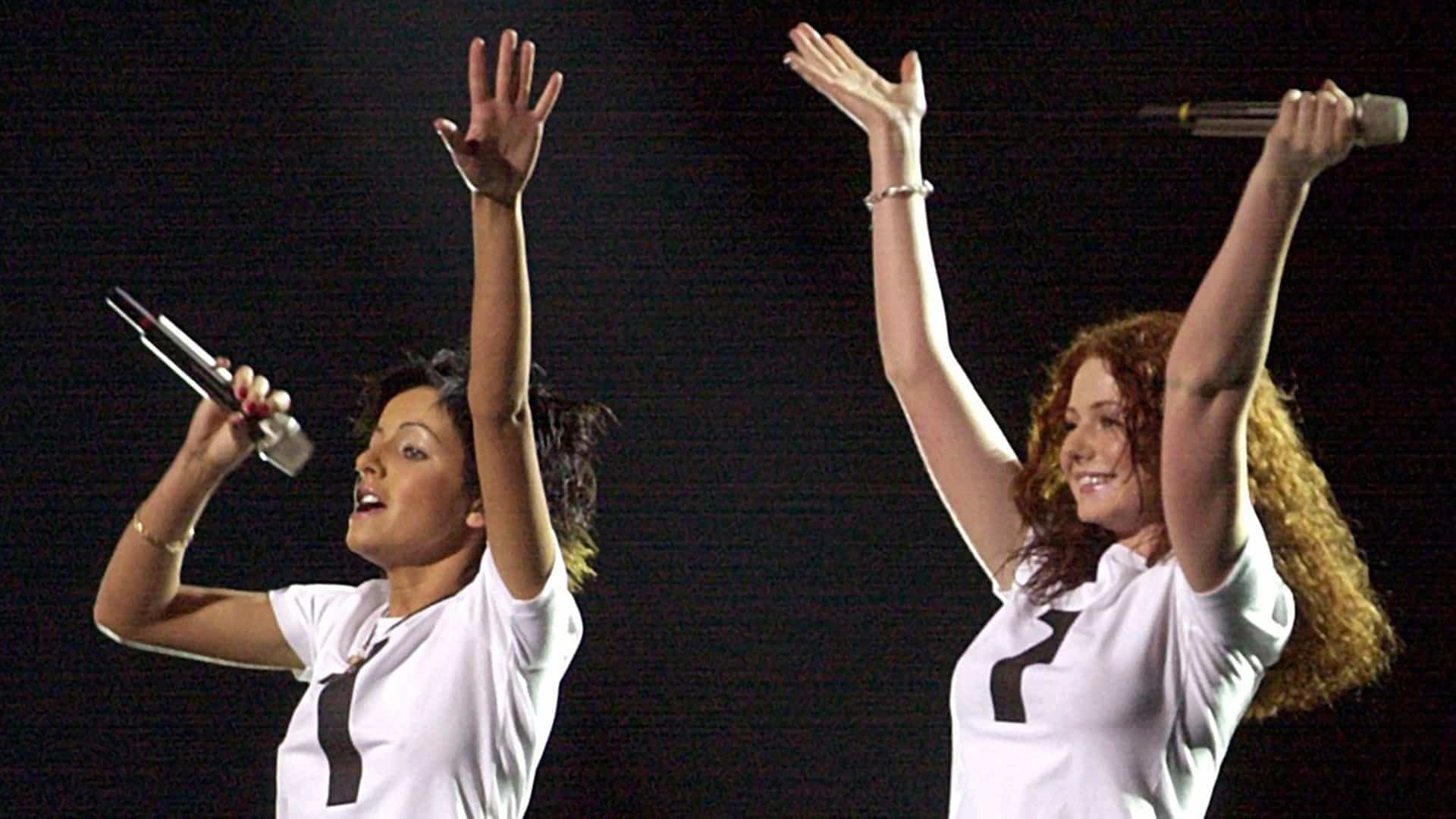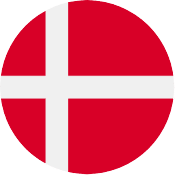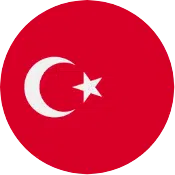
Eurovision Song Contest 2023: The Language of Eurovision
Since the first event in 1956, the Eurovision Song Contest has become one of the most watched live events in the world every year. Over 160 million people tuned in from across the world to watch the two semi-finals and final in 2022. But what makes this music competition so popular that people host watch-parties? Why do people flock to get tickets every year? And what of the performers? Can bringing 26 different cultures and nationalities together for a one-off event work? Is there a universal language of Eurovision?
We have taken a look at the world of Eurovision and the countries and languages which make it such an international spectacle every year. From the first appearances of nations to songs sung in the performers native tongue, we have delved deep into the glitterball world.
Language of Eurovision
The first Eurovision Song Contest took place in 1956 in Lugano, Switzerland. A much more scaled back event than it has grown to today, only seven countries took part. They were Belgium, France, Germany, Italy, Luxembourg, Switzerland and the Netherlands. All took part in the original event with Switzerland taking away the win with the song “Refrain” performed by Lys Assia.
Over the next 67 years, popularity and participation has grown dramatically. In 2023, 37 teams entered the contest with 26 for the Grand Final. Countries across Europe, and further afield in the case of Australia, now enter the competition making it a global event. Some of the countries with most wins in Eurovision weren’t there at the beginning of the competition.
First Appearances at Eurovision
| Country | First Appearance | Wins |
| Ireland | 1965 | 7 |
| Sweden | 1958 | 6 |
| France | 1956 | 5 |
| Luxembourg | 1956 | 5 |
| United Kingdom | 1957 | 5 |
| Netherlands | 1956 | 5 |
| Israel | 1973 | 4 |
| Norway | 1960 | 3 |
| Denmark | 1957 | 3 |
| Italy | 1956 | 3 |
| Ukraine | 2003 | 3 |
Different Languages in Eurovision
One of the most interesting elements of the Eurovision Song Contest is the mix of languages. Many countries choose to perform songs in English to maximise their reach and popularity amongst the audience. Yet, others choose to perform in their native tongue. Arguably the most famous winner of Eurovision was Sweden’s 1974 entry “Waterloo” performed by the group ABBA. Performed in English, this propelled ABBA to superstardom. What followed was many number 1 hits across the world, record breaking album sales and musical and movie adaptations of their songs.
This free-range use of language however was not always the case. Between 1966 and 1972, and then again between 1977 and 1998, countries were only allowed to perform songs in their national language. This restricted performances in English to only United Kingdom, Ireland and Malta. The restrictions were removed in 1999 and countries were allowed to perform in any language they wish to. But, some remained loyal to their native tongue.
Some of the most memorable performances, and in some cases winners, come from artists singing in their own language. The Russian pop duo t.A.T.u. competed for Russia in 2003 with their song “Ne Ver Ne Boysia Ne Prosi”. Following on from their international hit “All The Things She Said” (or the Russian version “Ya Soshla S Uma”), they were easy favourites. However, the duo finished in third place after Turkey and Belgium.

Out of the 67 Eurovision Song Contests, there is an obvious trend linking the language used to perform and the winners of the event. 34 previous winners have performed in English, 15 in French and 3 each for Dutch, Italian and Hebrew.
Winners of Eurovision
Since the lift of restriction in 1999, only four winners have been in non-English languages. Two of these include the only wins for Serbia (“Molitva” in 2007 performed in Serbian) and Portugal (“Amar Pelos Dois” in 2017 performed in Portuguese).
The past two Eurovision song contest have been won by performers singing in their native tongue. Last year saw Ukraine win for the second time, performing in Ukrainian with the track “Stefania” (“Стефанія”) performed by Kalush Orchestra. The rules of Eurovision have it that the winning nation holds the next year competition. However, due to the current situation in Ukraine it was agreed that the United Kingdom, who placed second, would host the 2023 event.
Sign up for our offers
Exclusive discounts on your course with Cactus directly on your inbox!
Language of Eurovision & How to Get the Most Out of Eurovision with Cactus
Increase your enjoyment of Eurovision by learning a new language with Cactus. With over 20 languages to choose from and the choice of studying online or in-person in Brighton, Manchester or London, there is something for everyone. Join one of our group courses today and you will soon be singing along with your favourite Eurovision hit.

 French
French German
German Italian
Italian Spanish
Spanish Arabic
Arabic Cantonese
Cantonese Czech
Czech Croatian
Croatian Danish
Danish Dutch
Dutch English
English Greek
Greek Hebrew
Hebrew Hindi
Hindi Japanese
Japanese Korean
Korean Norwegian
Norwegian Polish
Polish Portuguese
Portuguese Russian
Russian Swedish
Swedish Thai
Thai Turkish
Turkish Ukrainian
Ukrainian